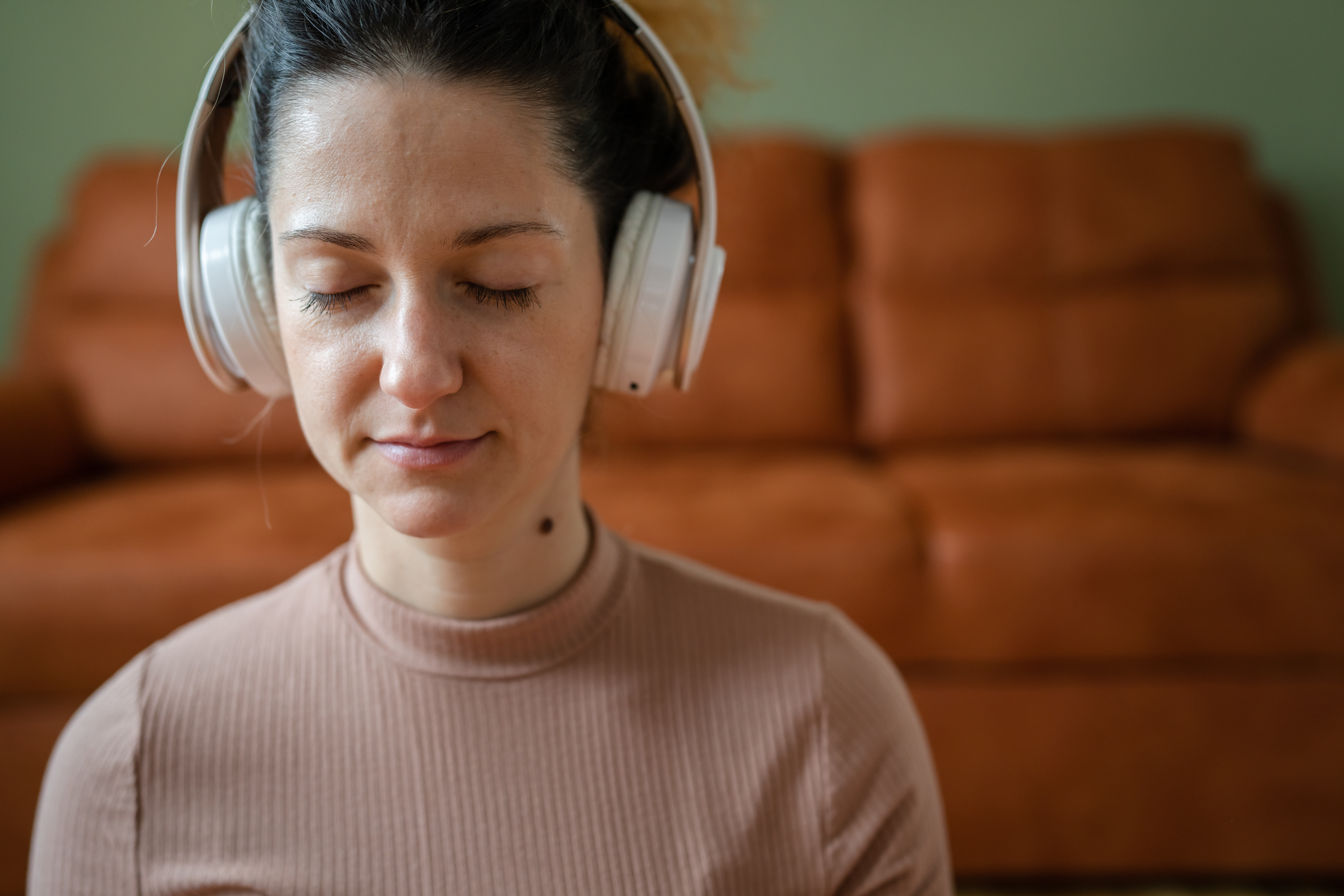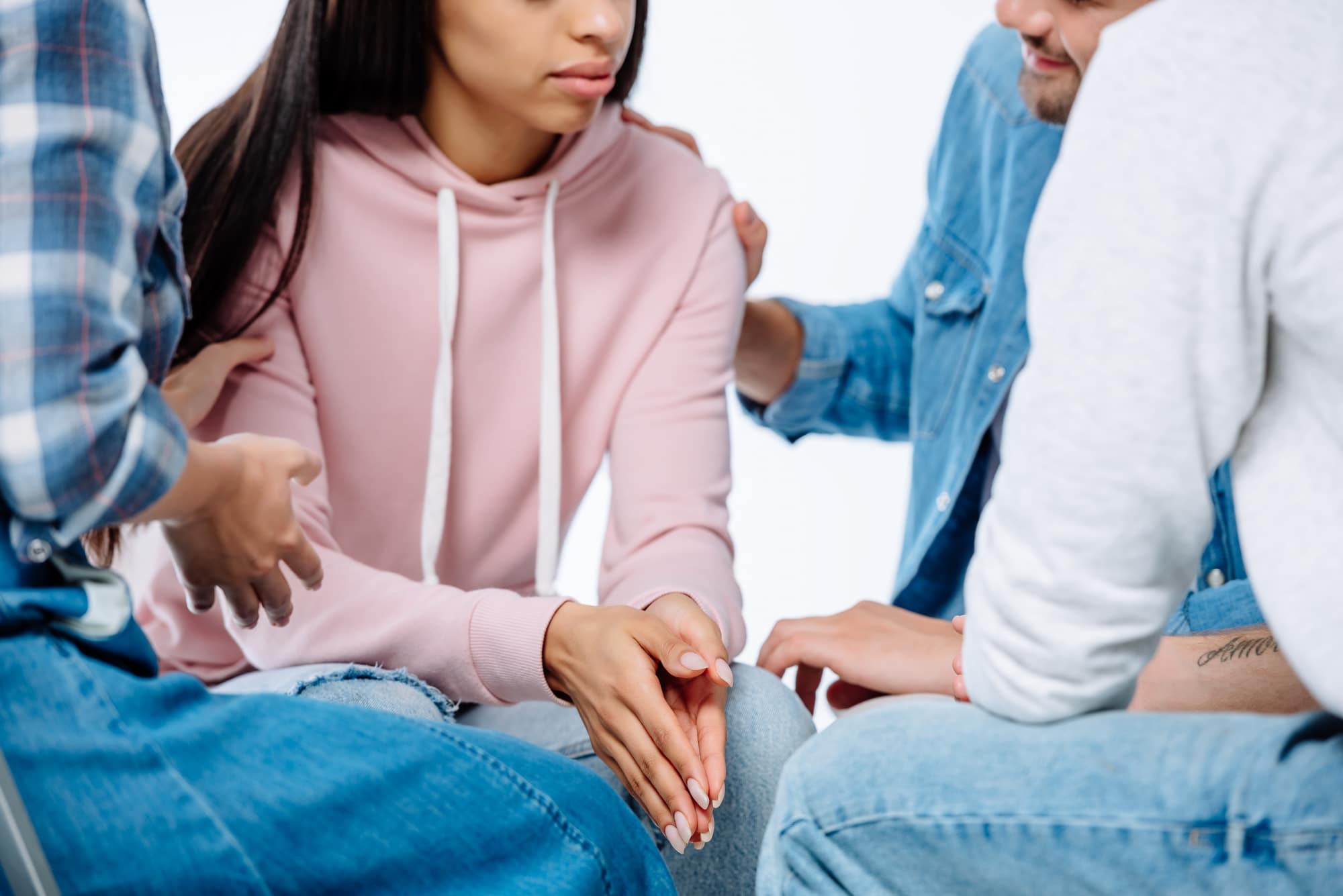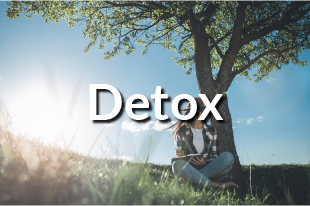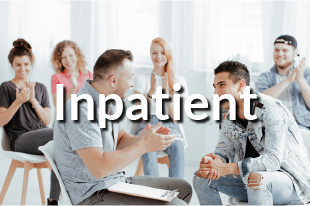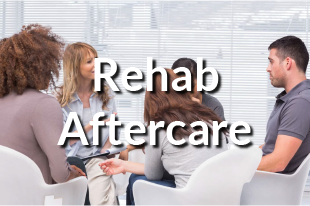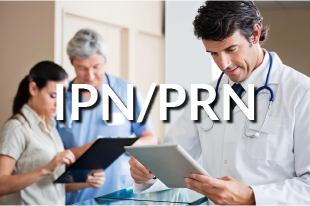Approximately 52 million Americans age 12 or older have used many different prescription medications in a non-medical manner at some point in their lives. Many had slowly become dependent, leading to prescription drug addiction. Some people didn’t even notice when they shifted from simply misusing prescription drugs to addiction, but the consequences are always severe when dependence is present. Prescription drug addiction treatment starts with drug and alcohol detox, followed by inpatient treatment and outpatient group therapy, which can offer relief.
Prescription medications intend to manage pain and discomfort of the user’s conditions. Individuals with medical conditions like cancer or asthma or mental health conditions like anxiety or depression use medications to control feelings of a happy life.
If you or a loved one need help now, call 855-299-4472 or click here to use your insurance to start rehab.

What happens when you become addicted to prescription drugs?
While those who use prescription medications may think that abusing them is okay, it can cause severe consequences. First, you may find that you’re unable to control your use of the medications prescribed, and you may end up taking more than prescribed, which can lead to damage to mental and physical health, dangerous side effects and even overdose.
Prescription drug misuse can cause serious health problems. They can be harmful to your body and cause nausea, anxiety, depression, liver problems, heart problems and more. Those who abuse prescription drugs require the help of a prescription drug rehab treatment center in Port St. Lucie to recover.
Understanding Prescription Drugs
Benzodiazepines

Alprazolam (Xanax), clonazepam (Klonopin), and diazepam (Valium) are three samples of benzodiazepines, a sedative medication that helps with panic attacks, anxiety, and sleep problems. They work great and are safer than barbiturates. But when abused, and even taken as directed, they can cause prescription drug addiction. Sudden discontinuation of these anti-anxiety medications can be dangerous which is why effective prescription drug rehab is necessary.
Benzodiazepines are a type of Central Nervous System (CNS) depressant. Sometimes they are called tranquilizers and their purpose is to have a calming effect, lower blood pressure and reduce anxiety. Some signs and symptoms of misuse include drowsiness, lethargy, irritability, confusion, memory problems, dizziness, headaches, changes in vision, loss of coordination, personality or behavior changes.
Alprazolam is a benzodiazepine sold under the brand name Xanax. It is commonly prescribed to treat anxiety and panic attacks. Any drug that depresses your CNS has a calming effect that is good for one’s mental health. It is commonly misused for its quick-acting sedating effects.
The CDC has stated that four times as many Americans died in 2015 than in 2002 from overdoses that involved benzodiazepines. Many of those people died after combining benzodiazepines with opioids. Signs of alprazolam misuse include sleep problems, swelling of the hands or feet, tremors.
Clonazepam (Klonopin) and Diazepam (Valium) are benzodiazepines. They’re used to treat panic and anxiety disorders. They’re also used to treat seizures. Clonazepam is commonly sold under the brand name Klonopin and diazepam is sold under the brand name Valium.
These addictive prescription drugs are often misused for their sedative effects. They can cause “highs” that can feel like the effects of alcohol abuse and drunkenness, talkativeness, and relaxation. It’s common for people to use Xanax, Valium, and Klonopin recreationally and in combination with other drugs. The CDC reports that the number of deaths by opioid overdose involving both benzodiazepines and opioids increased by more than four times between 2002 and 2015. Signs and symptoms of clonazepam or diazepam misuse may include paranoia, hallucinations, constipation.
Stimulants

Someone who has prescription stimulants amphetamines like Mydayis, Adderall, Adderall XR, and Dextroamphetamine use them to help with ADHD. But these medications are also common for drug abuse as some people use them to get high, boost their alertness and energy, or lose weight. Stimulants are a wildly addictive prescription drug —higher doses cause danger in irregular heartbeat, elevated body temperature, and possibly cardiac arrest.
By increasing your brain activity, stimulant drugs help to increase your alertness and energy levels. Some commonly abused signs include:
- Nausea
- Vomiting
- Euphoria
- Paranoia
- Weight loss
- Headaches
- Dilated pupils
- Hallucinations
- Rapid heart rate
- Vision changes
- Aggressiveness
- Appetite suppression
- Personality or behavior changes
Sometimes known as “speed,” amphetamine is a CNS stimulant. It’s commonly used to treat Attention deficit hyperactivity disorder (ADHD) and narcolepsy (a sleep disorder). Medications that contain amphetamine are commonly abused for their energizing effects.
Adderall is a medication that contains amphetamine and dextroamphetamine. It is often used by people who tend to be sleep-deprived such as truck drivers, college students, shift workers, and people who work on deadlines which makes it highly addictive. A University of Michigan study in 2012 reported 9% of college students misusing Adderall. Additional signs of amphetamine misuse also may include increased energy and alertness, increase in body temperature, raised blood pressure, rapid breathing.
Like Adderall, methylphenidate is a stimulant that affects your nervous system. It is commonly sold under the brand name Ritalin. It also increases the amount of dopamine in the brain, which also helps improve mental health and attention. And also like Adderall, it is used to treat ADHD and narcolepsy. And like other stimulants, it can be addictive.
One of the reasons that Ritalin and other drug stimulants are so misused is their availability. The DEA reported that more than 13 million prescriptions for methylphenidate were filled in 2012.
Painkillers (Opioids)

Pain medications usually contain opioid hydrocodone and acetaminophen. Opioid use causes drowsiness and constipation. Higher doses to treat pain can cause hazardous breathing problems. If you were taking painkillers, suddenly stopped, and now you experience flu-like symptoms, you may have experienced physical dependence from them.
Individuals addicted to opioids usually develop symptoms when they stop using them. Those symptoms may include chills, sleep disorders, cravings for the drug, irritability, excessive sweating, runny nose, and digestive problems.
Prescription medications must not be shared. They are only for the person whom the prescribing doctor consults with. Additionally, discontinuing the use of these medications suddenly is dangerous.
For those who have trouble sleeping, sleep inducing drugs like Ambien, Lunesta, and Senada can help people rest. But if these medications are used longer than the doctor suggests, there’s a chance of drug abuse and becoming dependent on them. Practicing a sleep regimen is the best way to treat sleeping difficulties. Although sleep medication is not as addictive as some other prescription drugs, doctors have shown concern about sleeping pills being abused if not taken as prescribed.
What are Prescription Opioid Drugs?
Prescription painkillers are a form of prescription drugs that are found naturally in opium poppy plants. Some opioids come from the plant directly, and others are made in labs using the same chemical composition. Opioids are usually taken as medicines due to their ability to relax the body and relieve pain.
Prescription opioids are primarily used to treat moderate to severe pain, but some opioids treat coughing and diarrhea. Opioid use gives users the feeling of being relaxed, which is how they become abused for non-medical reasons. Opioids are extremely dangerous because they are highly addictive, prescription drug abuse, overdose and death are shared among users.
Heroin is the most hazardous opioid abuse globally and is never used as a medicine in the US. Common prescription opioids include:
Opioids used to relieve pain are usually safe when taken as prescribed by a doctor, but they can become abused.
Opioid addiction can start by:
Prescription opioids are taken by being swallowed in its traditional form. People who are abusing prescription drugs like opioids will crush the pills or capsules, dissolve the particles in water, inject them, or snort the powder.
Opioids Acting as Gateway Drugs
It is not unusual for people suffering from chronic pain to take a dozen pain pills every day. But taking prescription drugs at this level can come with a hefty financial price. Those who struggle to pay for their prescription medication may seek alternative opioids like Fentanyl or heroin, which are much cheaper than prescription painkillers.
This makes painkillers gateway drugs. Prescription drug rehab specialists have recognized that painkillers have become gateway drugs to fentanyl and heroin use.

Statistics on Commonly Abused Prescription Drugs in Florida
Opioids- In 2016, fentanyl and heroin drug abuse had been responsible for over 4,000 overdose deaths; but, oxycodone, hydrocodone, morphine, and methadone were also the cause of almost 5,000 deaths.
These prescription drugs have caused many Floridians substance abuse and drug addiction over the last ten years. Although they are highly restricted in Florida now, they are still generally diverted and abused. Statistics of overdose deaths for prescription drug abuse include:
Start Your Recovery Today
Once a patient self-admits to substance abuse, wants to seek addiction treatment and is committed to recovery, the next step is to explore all options for overcoming addiction. The length of drug addiction rehab will vary depending on the specific drug use. Prescription drug abuse treatment will incorporate different practices, which include:
Prescription Drug Addiction Treatment Methods in Behavioral Health Centers
If you are struggling with prescription medication abuse, there is help available. Prescription drug rehab options include inpatient addiction treatment and outpatient addiction treatment options, and there are many different approaches to prescription drug abuse treatment tailored to your specific needs.
Some people may need to attend an inpatient program for a brief period to detox from the drugs and then transition to an outpatient program. Others may find that they need to attend an outpatient program for an extended period to achieve and maintain sobriety.
Whatever treatment plan you choose, it is important to stick with it and seek support from friends and family members who can help you stay on track. Substance, particularly opioid withdrawal, can be a challenging experience. Withdrawal symptoms can include sweating, nausea, vomiting, diarrhea, and muscle aches. People may also experience anxiety or depression in some cases; Thus the patient would need psychological and medical support throughout the process.
Prescription Drug Addiction Rehab in Florida
Behavioral Health Centers can help if you or a loved one could benefit from prescription drug addiction treatment. Our team of substance abuse specialists understands the approach needed to assist in kicking an addiction to prescription drugs. Do not hesitate any longer and seek a medical professional’s help in Florida. Contact us today at Behavioral Health Centers and allow our team to get you the answers you seek to get the help needed.
Our prescription drug rehab in Port St. Lucie provides safe, comfortable, and effective heroin treatment to residents across the United States and the following local counties and cities of Okeechobee County, Palm Beach County, Martin County, Jupiter, Stuart, Fort Pierce, West Palm Beach, Boca Raton, Delray Beach, Miami, Fort Lauderdale, Naples, Fort Myers, Tampa, Sarasota, St. Petersburg, and Orlando.
BHC also provides treatment for the following substances: Alcohol, Benzos, Cocaine, Drugs, Fentanyl, Heroin, and Meth.
